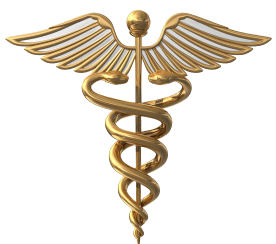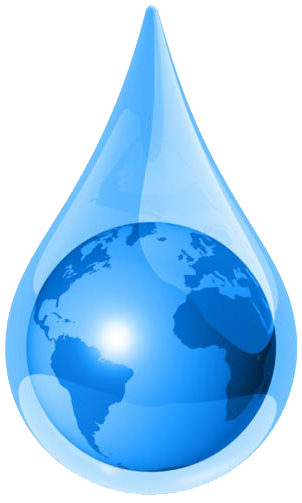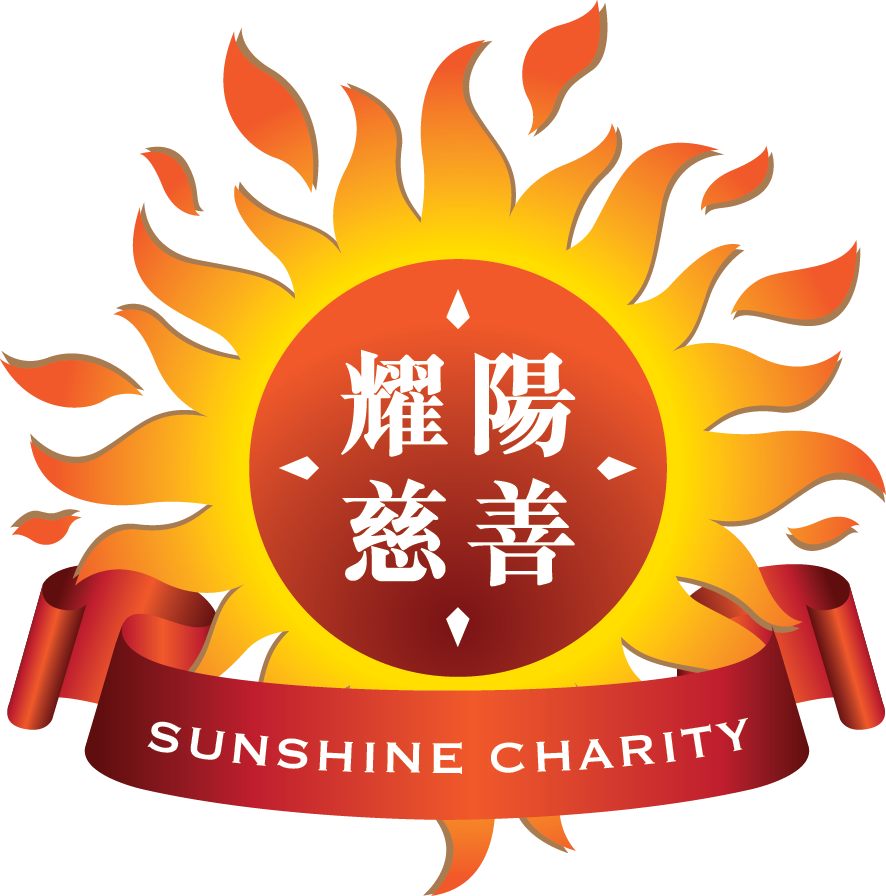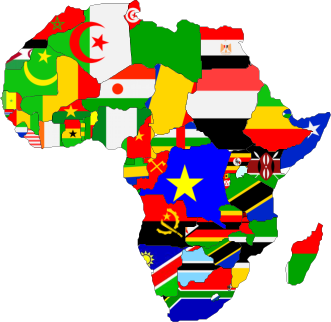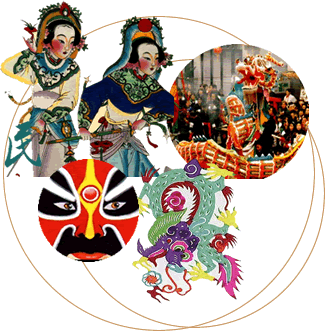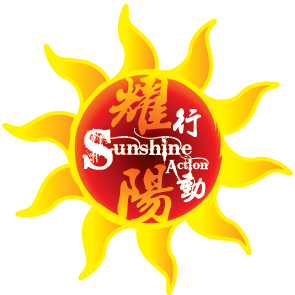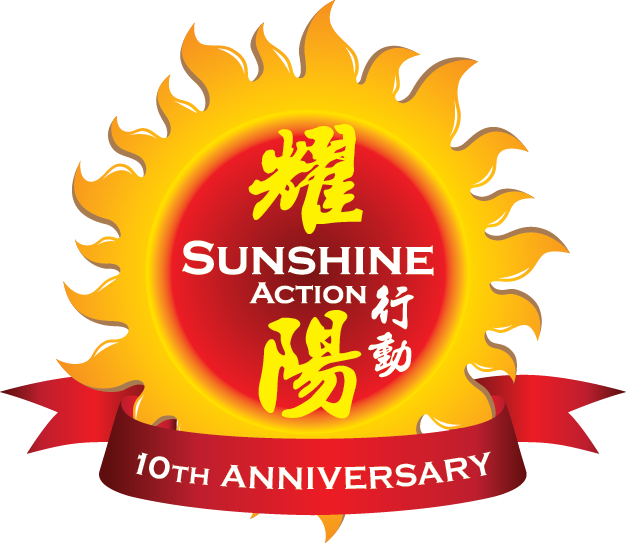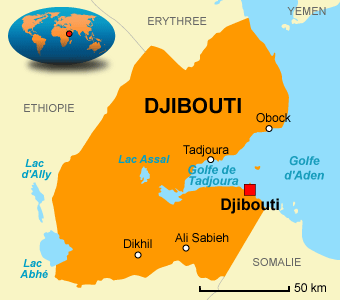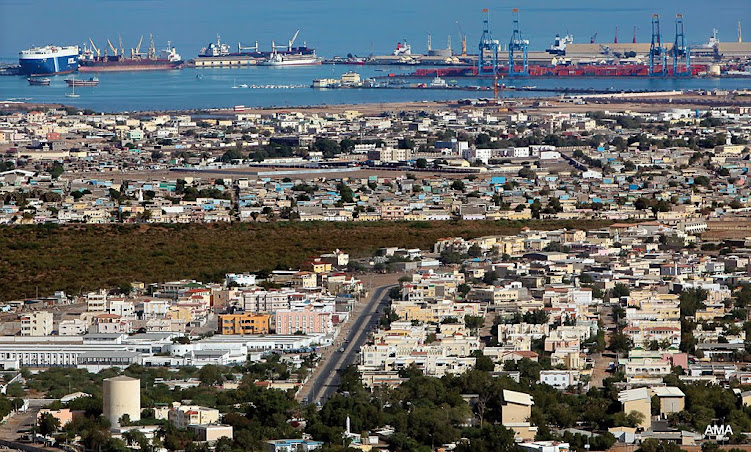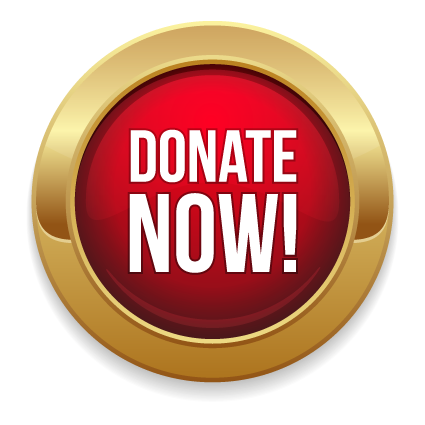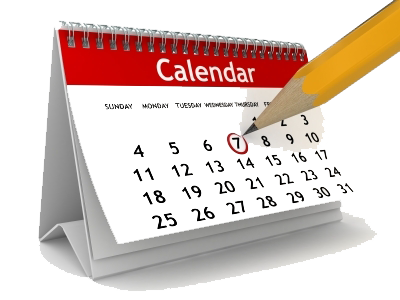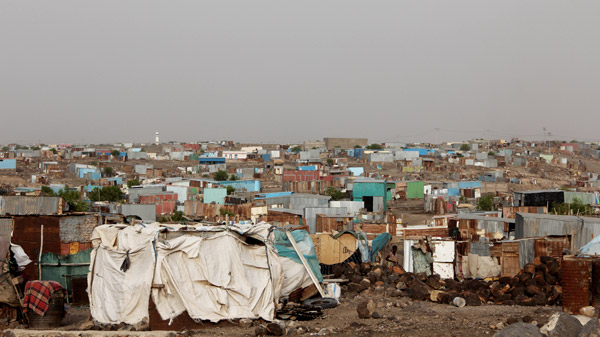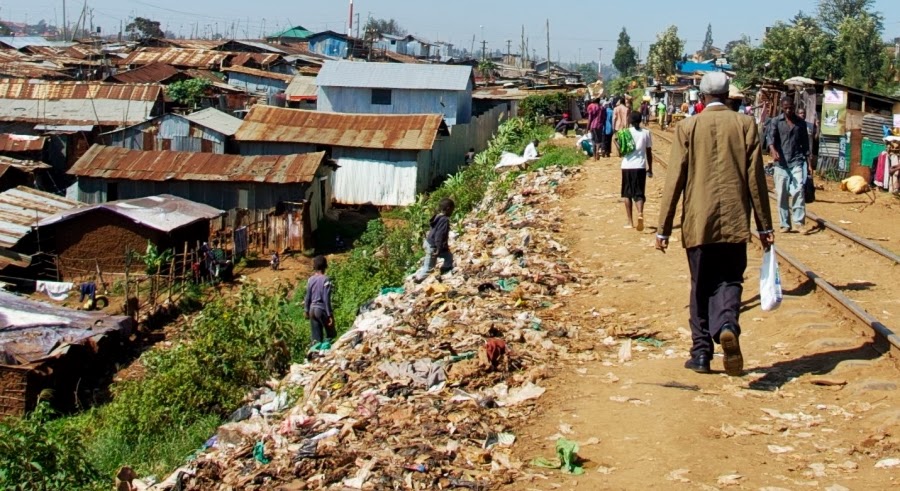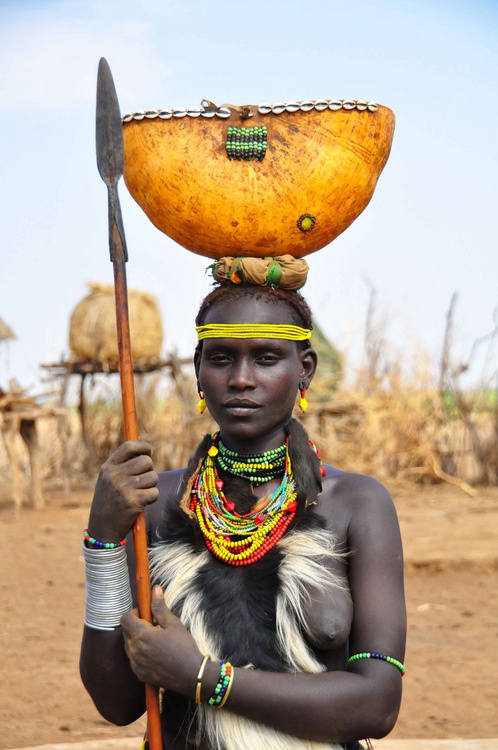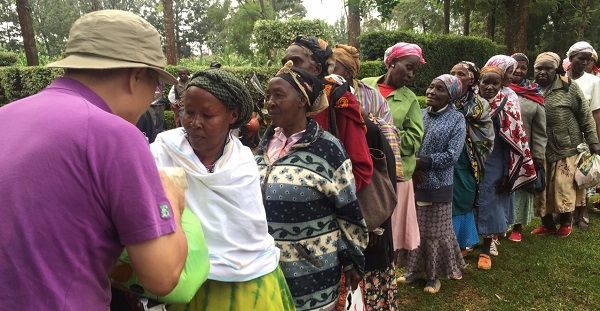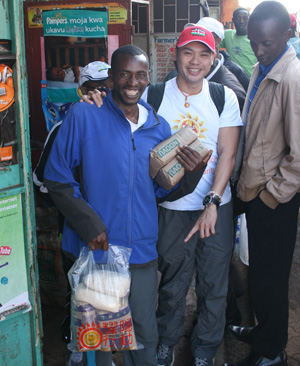|
|
|||||||||||||||||||||||||||||||||
|
|
|||||||||||||||||||||||||||||||||
|
|
|||||||||||||||||||||||||||||||||
In antiquity, the territory was part of the Land of Punt. Nearby Zeila (now in Somalia) was the seat of the medieval Adal and Ifat Sultanates. In the late 19th century, the colony of French Somaliland was established following treaties signed by the ruling Somali and Afar sultans with the French and its railroad to Dire Dawa (and later Addis Ababa) allowed it to quickly supersede Zeila as the port for southern Ethiopia and the Ogaden. It was subsequently renamed to the French Territory of the Afars and the Issas in 1967. A decade later, the Djiboutian people voted for independence. This officially marked the establishment of the Republic of Djibouti, named after its capital city. Djibouti joined the United Nations the same year, on September 20, 1977.
Djibouti is a multi-ethnic nation with a population of over 810,000 inhabitants. The Somali and Afar make up the two largest ethnic groups. Both speak Afroasiatic languages, which serve as recognized national languages. Arabic and French constitute the country's two official languages. About 94% of residents adhere to Islam, a religion that has been predominant in the region for more than 1,000 years. Djibouti is strategically located near the world's busiest
shipping lanes, controlling access to the Red Sea and Indian
Ocean. It serves as a key refueling and transshipment center, and
is the principal maritime port for imports to and exports from
neighboring Ethiopia. A burgeoning commercial hub, the nation is
the site of various foreign military bases, including Camp
Lemonnier. The Intergovernmental Authority on Development (IGAD)
regional body also has its headquarters in Djibouti City
852-6888
4028
Djibouti is a multiethnic country. The two largest ethnic groups are the Somali (60%) the Afar (35%). The Somali clan component is mainly composed of the Issas, a sub-clan of the larger Dir. The remaining 5% of Djibouti's population primarily consists of Arabs, Ethiopians and Europeans (French and Italians). Approximately 76% of local residents are urban dwellers; the remainder are pastoralists. In addition, Djibouti is a multilingual nation, with a population of about 774,389 inhabitants. According to Ethnologue, the majority of the residents speak Somali (297,000 speakers) or Afar (99,200 speakers) as a first language, which are the mother tongues of the Somali and Afar ethnic groups, respectively. Both languages belong to the larger Afro-Asiatic family. There are two official languages in Djibouti: Arabic (Afro-Asiatic) and French (Indo-European). Arabic is of social, cultural and religious importance. In formal settings, it consists of Modern Standard Arabic. The incidence of extreme poverty in the Republic of Djibouti is more than seven times higher in rural areas than in the capital, where most of the country’s population is concentrated. Djibouti’s rural inhabitants comprise about one-fourth of the total population; almost half of them live below the extreme poverty line. Under such conditions, infant mortality is very high.
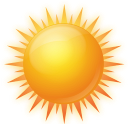 Who and where are the rural poor? Who and where are the rural poor?
Semi-sedentary pastoralists and small farmers, landless people, women and artisanal fishermen tend to be the poorest in the rural areas of this small nation in the Horn of Africa. Rural poverty is exacerbated by environmental problems, including recurrent periods of severe drought. In addition, most of Djibouti’s terrain consists of rocky volcanic or basaltic plateaux between valleys with relatively meagre vegetation, mainly in the form of acacia trees. Less than 10 per cent of the country is considered cultivable. Three out of Djibouti’s six rural areas are experiencing food crises. Dorra and the Day Forest and its environs, in the north-central district of Tadjourah, are among the country’s poorest rural areas.
852-6888
4028
For the past decade, Djibouti has been recovering from an internal conflict that was settled in 2001. This civil strife caused a considerable increase in the incidence of rural poverty, which resulted in loss of life, lost livestock, problems with social and economic infrastructure, and migration of farmers and pastoralists. During this recovery period, the rural population has often depended almost entirely on emergency food aid. Because of severe aridity and three consecutive years of poor rainfall, food dependency has deepened recently. An estimated 20 to 40 per cent of the rural population is food-insecure or highly vulnerable to food insecurity. According to the World Food Programme, the number of vulnerable people is expected to rise. Continuing constraints faced by Djibouti’s agricultural sector include a marked shortage of cultivable land, a limited asset base, restricted opportunities for marketing of rural products and lack of essential infrastructure for poor rural people. Another obstacle is posed by insufficient access to reliable financial services, which are needed for diversified income-generating opportunities – especially in the non-agricultural arena. Livestock production, the main source of livelihood in
Djibouti’s rural areas, is hampered by a lack of water and
rangeland. It has also been adversely affected by recent drought
conditions, which have accelerated the deteriorating health of
livestock.
852-6888
4028 Djibouti has taken on many refugees and immigrants from Ethiopia and Somalia, burdening its already weak economy. The average unemployment rate in the country is around 45% and over half of the very poor in Djibouti have no employed members of their family. Poverty in Djibouti is also affected largely by poor education, health, and nutrition. Djibouti has a literacy rate of 57%, life expectancy at birth is 49 years, and 26% of children under five years old are chronically malnourished. This data underscores the need to invest in human capital to alleviate poverty in Djibouti. Pro-poor education strategies need to be adopted with a particular focus on education for women and girls, who have a much higher illiteracy rate than men. Preventive health programs should also be enacted to develop human capital. Women often have too many children at too young of an age, and education could increase the ability of couples to space their children properly and promote family planning methods.
USAID has enacted several programs to address poverty in Djibouti. USAID works with Djibouti’s Ministry of Education to develop a teacher training plan and has trained over 1,200 teachers in the country. USAID has also, according to its website, supported parent-teacher associations, linked secondary schools with university mentors, and developed strategies to improve access to education for girls. USAID has also contributed to programs combating polio and tuberculosis, in addition to aiding food distribution to combat malnutrition. The U.S. is currently the largest contributor of humanitarian assistance to the Horn of Africa, where Djibouti is located. The effort to combat poverty in Djibouti suffered a hardship in 2011 when the eastern Horn of Africa was hit with its most severe drought in 60 years. The drought affected more than 10 million people, inducing high child mortality rates and sharply increasing food prices in the region. Djibouti is still in the process of recovering from the crisis. Djibouti’s economy is based on service activities connected with the country's strategic location and status as a free trade zone in the Horn of Africa. Two-thirds of inhabitants live in the capital and the remainder of the populace is mostly nomadic herders. Low amounts of rainfall limit crop production to fruits and vegetables, and requiring most food to be imported. The government provides services as both a transit port for the region and an international transshipment and refuelling centre. Djibouti has few natural resources and little industry. All of these factors contribute to its heavy dependence on foreign assistance to help support its balance of payments and to finance development projects. An unemployment rate of 50 percent continues to be a major problem. Inflation is not a concern, however, because of the fixed tie of the franc to the US dollar. Per capita consumption dropped an estimated 35 percent over the last seven years because of recession, civil war, and a high population growth rate. Faced with a multitude of economic difficulties, the government has fallen in arrears on long-term external debt and has been struggling to meet the stipulations of foreign aid donors
- Donate food to the poorest of the poor through local organizations - Plant the Planet - Assessment to the local NGOs and needy people in the slum Min. Fund-Raising Amount HK$6,800/volunteer (excluding travelling & personal expenses)
吉布地共和國是一個位於非洲東北部亞丁灣西岸的國家,北與厄利垂亞為鄰,西部、西南及南部與衣索比亞毗連,東南同索馬利亞接壤,東北隔著紅海的曼德海峽和葉門相望。 其東臨紅海進入印度洋的要衝曼德海峽,因此戰略位置十分重要,國內有美軍在非洲最大的軍事基地和法軍在海外最大的軍事基地。
FACTS about Djibouti
6. Christmas in Djibouti is celebrated not on December 25 but on January 7, as is the practice of many Orthodox Christian churches. 7. The nation’s favorite pastime is qat chewing. Qat is a medicinal plant with mild narcotic properties. 8. Qat, arguably the favorite plant of Djibouti, is banned in many European countries but – as of 2011 – not in the United Kingdom. 9. Taxi fares in Djibouti increase 50% after sunset. 10. The Somali and Afar tribes of Djibouti are some of the very first Africans to adopt the Islamic religion.
***By Cheque : Crossed check with payee 'SUNSHINE ACTION Ltd.', please attach the donor name, contact telephone and complete address for tax-deductible receipt: Unit 1802B, 18/floor, Block C, Wah Tat Ind. Centre, No. 8 Wah Sing Street, Kwai Chung, N.T. Hong Kong 支票 : 劃線支票抬頭為 「耀陽行動有限公司」,煩請付上捐款者姓名、聯絡電話以及回郵地址,以便我們寄回捐款收據: 地址 :葵興地鐵站 A 出口 - 華星街8號- 華達工業中心C座18樓1802B室
***Bank transfer : You are welcomed to transfer donation through our HSBC and Bank of China, together with the donor name, contact and mailing address written on the bank in slip, thenfax to us at 3016 9853 or email to sunshine@sunshine-action.org 銀行轉賬 : 閣下可直接轉入捐款到耀陽行動以下的匯豐銀行或中國銀行戶口,入數後需於入數紙上寫上捐款者姓名、電話及回郵地址,傳真至3016 9853 或電郵至 sunshine@sunshine-action.org
852-6888
4028 The Faith & Commitment.不離不棄不捨的誓言 to serve the poorest, the unwanted, the sick, the hungry, the wounded, the unloved, the thirsty, the homeless...
Sunshine Action Ltd is only based in Hong Kong & This is the only official Website.
|
|||||||||||||||||||||||||||||||||
|
|
|||||||||||||||||||||||||||||||||

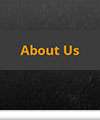
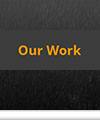
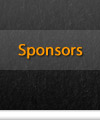
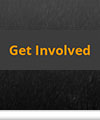
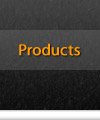
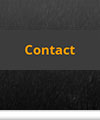

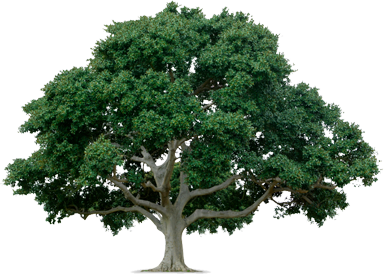
.png)




